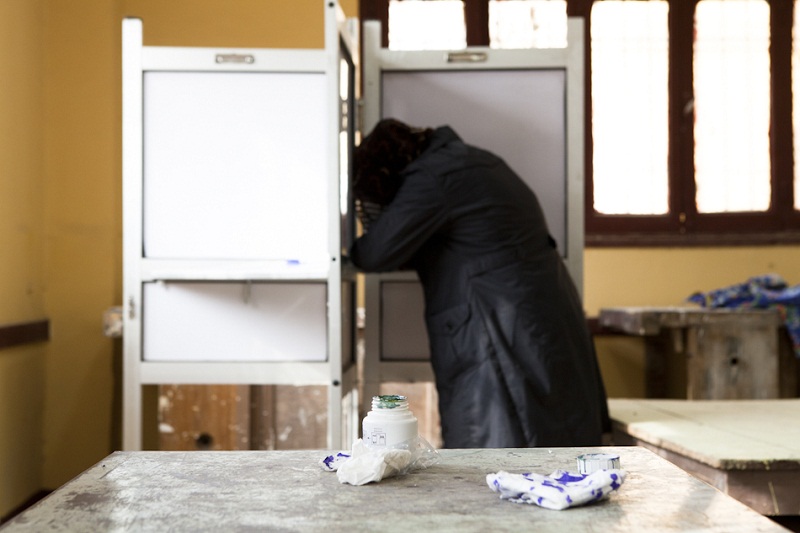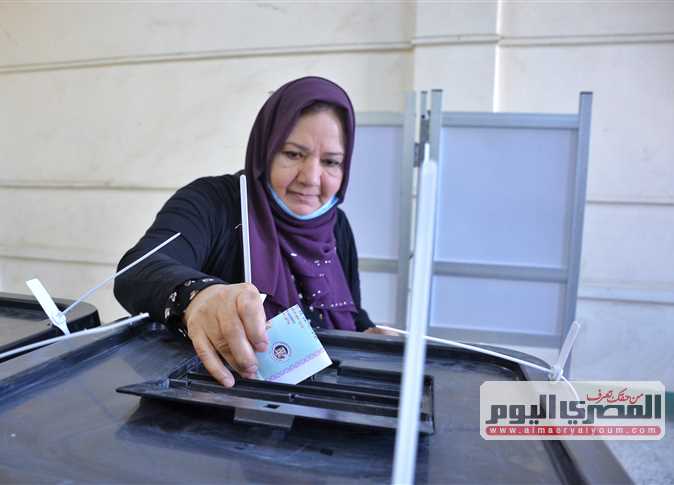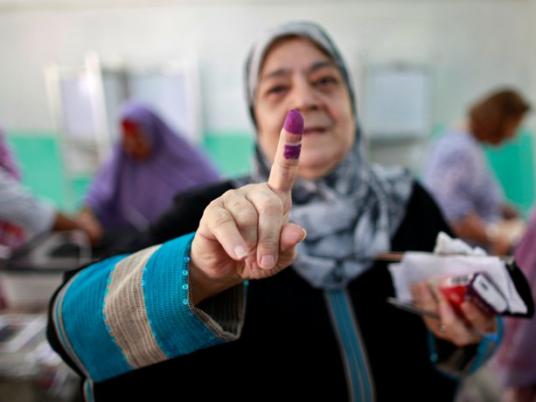
A poll conducted by the Egyptian Center for Public Opinion Research (Baseera) found that only 34 percent of Egyptians knows the correct date for the upcoming presidential elections, while 18 percent knows the incorrect date and 48 percent does not know the date at all.
The poll points to a declining rate of those who knew the correct date among youth ages 18 to 29 years. Only 24 percent of the polled youth knew the correct election date compared to 43 percent of people above 50.
Sixty percent of participants indicated that the most important demands required from the upcoming president is to restore security and provide jobs (40 percent), reform (29 percent), raising the standard of living (25 percent), achieving justice (16 percent) and monitoring prices (9 percent).
Maged Othman, head of the center, said the poll was conducted using house and mobile phones on a sample of 2,171 citizens above 18 across the country on 10 and 11 May. The poll also found that only three percent of those surveyed identified education as a top priority, while scientific research got only one percent.
Eighty eight percent, according to the poll, will vote in the elections. Seventy five percent stated that they would vote for presidential hopeful Abdel Fattah al-Sisi, while two percent indicated that they will vote for Hamdeen Sabbahi. Fifteen percent had not decided yet, while seven percent refused to answer.
Half of those who had decided on a candidate did not watch or read anything about their candidate's electoral platforms. The rate is the same for those who will vote for either Sisi or Sabbahi.
Fifty eight percent watched TV interviews with the candidates the week before the poll. The rate was higher than 51 percent among those who had an education lower than the average, while those with higher education hit 77 percent.
When asked whether the interviews were useful, 87 percent said they were useful. The rate was higher among those above 50 at 91 percent, compared to 80 percent among youth ages 18 and 29.
Edited translation from Al-Masry Al-Youm




